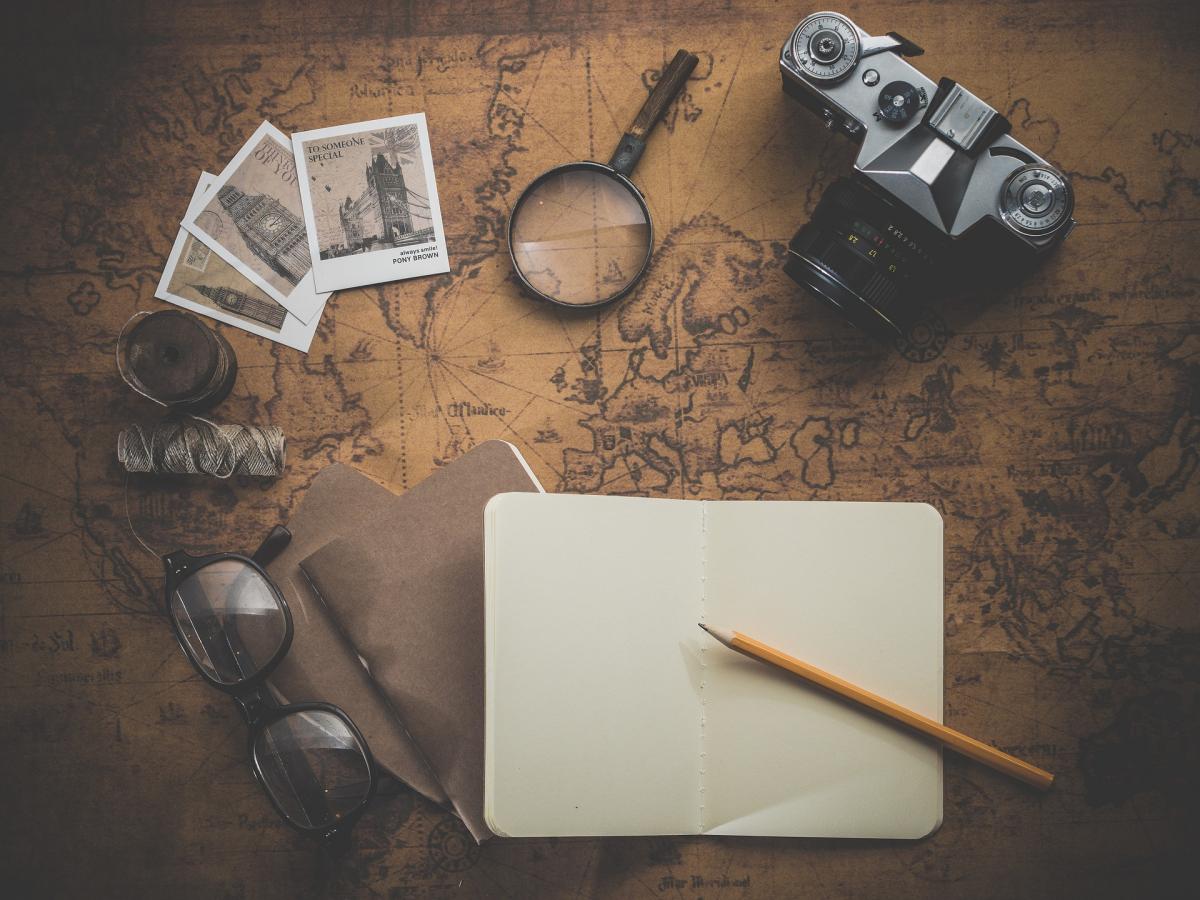 NEWSREEL2 will organize the next multiplier event of the project in Berlin, together with Hostwriter, an NGO which helps journalists to collaborate all over the world. The event is the final programme of the five-day summer school in which students will introduce their project works to a professional audience.
NEWSREEL2 will organize the next multiplier event of the project in Berlin, together with Hostwriter, an NGO which helps journalists to collaborate all over the world. The event is the final programme of the five-day summer school in which students will introduce their project works to a professional audience.
Partners of the project will also present the first e-learning materials connected to some specific journalistic fields:
The pilot materials of these fields are available in the e-learning menu!
You can follow the event online via the Twitter channel of Hostwriter!
Click on read more for the full programme!
 The NEWSREEL2 summer school with the title of "Shrinking Civic Space: New Media, Democracy & the Future of Journalism" will take place in Berlin between 25 and 30 September. During the 5-day programme students from all five partner countries are going to work together in the framework of cross-border collaborative projects. The host of the event is Hostwriter, our partner from the NGO sector.
The NEWSREEL2 summer school with the title of "Shrinking Civic Space: New Media, Democracy & the Future of Journalism" will take place in Berlin between 25 and 30 September. During the 5-day programme students from all five partner countries are going to work together in the framework of cross-border collaborative projects. The host of the event is Hostwriter, our partner from the NGO sector.
On the first day, students will have some activities that will help them to get to know each other. From Tuesday they will take part some specific workshops connected to the professional fields of the NEWSREEL2 project. Four workshops will be held by the project partners: one on cross-border journalism, one on improving democratic sensibility (which is the central topic of the summer school), one on storytelling in social media and one on debunking disinformation.
These workshops will give them inputs in the mornings, and the lecturers will help them during the afternoons to create their own journalistic contents connected to three main topics: (1) composition of mainstream media coverage; (2) media consumption and trends; (3) trust in news and journalism. Students will work in international groups and present the results of their teamwork on Friday, in the framework of the multiplier event of the project. The full programme of the summer school is available here:
SUMMER SCHOOL PROGRAMME
If you are interested in the summer school, please follow our social media accounts (primarily on Instagram), because we will share more information there! And stay tuned for the detailed programme of the multiplier event!
 Automation processes are increasingly present in our everyday lives. These processes are now transversal to professions and practices, and journalism is not any different.
Automation processes are increasingly present in our everyday lives. These processes are now transversal to professions and practices, and journalism is not any different.
Automated journalism, also known as algorithmic journalism or robot journalism, consists of news articles generated by computer programs. Through artificial intelligence (AI) software, stories are produced automatically by computers rather than human reporters. These programs interpret, organize, and present data in human-readable ways. The process involves an algorithm that scans large amounts of data, selects from an assortment of pre-programmed article structures, orders key points, and inserts details such as names, places, amounts, rankings, statistics, and other figures.
Despite it being a growing trend, there are still not that many media outlets worldwide working fully with automated journalism, so it is not deployed on a large scale, yet.
At the NEWSREEL2 project we tried to understand the state of use of AI, robot journalism and algorithms in the Czech Republic, Germany, Hungary, Portugal, and Romania, talking to five journalists, one in each country.
This is the sixth piece of the summary of our new research report, written by Ana Pinto-Martinho and Miguel Crespo (ISCTE - University Institute of Lisbon).
 Foreign coverage is a classic field of journalism, much older than digitization. Nevertheless, common criticisms show that contents and structures of international reporting need an update in many regards. Ultimately, foreign reporting has been demanded to leave behind “domestic” vs. “foreign” dichotomies to transform itself into a truly global journalism paying tribute to the complexities of a globalized, thus glocalized, world.
Foreign coverage is a classic field of journalism, much older than digitization. Nevertheless, common criticisms show that contents and structures of international reporting need an update in many regards. Ultimately, foreign reporting has been demanded to leave behind “domestic” vs. “foreign” dichotomies to transform itself into a truly global journalism paying tribute to the complexities of a globalized, thus glocalized, world.
At the same time, the field of international reporting has become very broad. While we may typically associate foreign reporters with permanent correspondents standing in front of major landmarks explaining the world in TV news, job descriptions nowadays include, among others, parachutists, highly specialized reporters focussing on ‘global’ issues such as climate change, as well as local journalists or fixers working for international outlets. Collaboration of journalists across borders has also become increasingly relevant.
Thus, which job descriptions should journalism schools preparing their students for foreign news coverage consider? How should they sensitize newcomers to the field to face the various challenges? To get an idea of the challenges perceived by practitioners and the journalistic skills needed to innovate contents and structures of foreign reporting, we interviewed six reporters from the Czech Republic, Germany, Hungary, Portugal, and Romania as part of the EU-funded project NEWSREEL2 – New Teaching Fields for the Next Generation of Journalists.
This is the fifth piece of the summary of our new research report, written by Dominik Speck (Erich Brost Institute).
 Also informed by the centuries-old tradition of newspaper illustrations, but mainly reflecting the generic characteristics of the autobiographic graphic novel, comics reportage developed at the intersection of journalistic practice and comics drawing. The genre became popular in both the North American Comics, and Francophone bande dessinée.
Also informed by the centuries-old tradition of newspaper illustrations, but mainly reflecting the generic characteristics of the autobiographic graphic novel, comics reportage developed at the intersection of journalistic practice and comics drawing. The genre became popular in both the North American Comics, and Francophone bande dessinée.
In recent years, we have seen two major tendencies in graphic or comics journalism that are at first glance distinct from each other. One is the flourishing of data journalism that works with data and creates data visualization, such as infographics, figures, or maps. Media discourse analysis conventionally treats figures and infographics as having an objectivity effect. The other tendency, a contrary one, is the ongoing “reinvention” of decidedly subjective journalistic drawing, regarded as an opinion genre, while more recently comics reportage also gains increasing popularity through its subjectivity and its expressed relationship to the represented.
The article describes the (trans)media genre of comics reportage and some of the frontiers of the phenomenon. This is the fourth piece of the summary of our new research report, written by Gyula Maksa (University of Pécs).